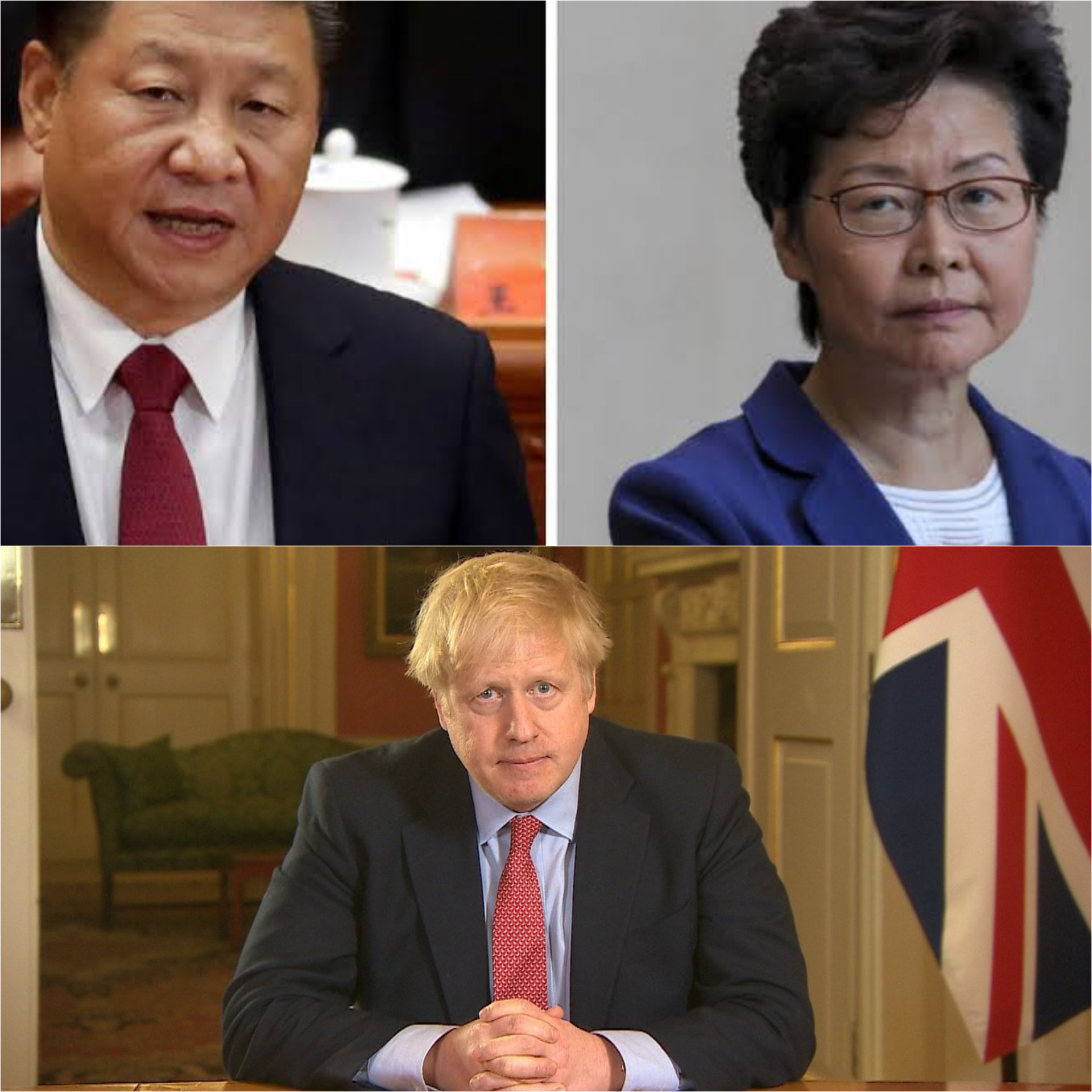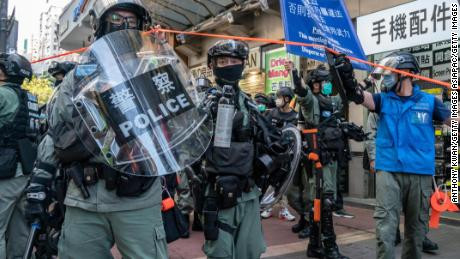In response to China’s new security law imposed on Hong Kong which took full effect this week and is seen as a threat to the city’s freedom, the United Kingdom has announced it would offer a path to citizenship for eligible Hong Kong residents and condemned China’s new national security law, saying it constitutes “a clear violation of the autonomy of Hong Kong, and a direct threat to the freedom of its people.”
China’s Central government imposed a sweeping national security law on Hong Kong on June 30, a historic move that critics believe will curtail freedom, eliminate Hong Kong’s autonomy, strip the city of its autonomy and precious civil and social freedoms, and will cement Beijing’s authoritarian rule over the territory.
The law dramatically broadens the powers of local and mainland authorities to investigate, prosecute and punish dissenters. In vague language, it criminalizes secession, subversion, terrorism, and collusion with foreign powers. People convicted of such crimes can face sentences of up to life in prison.
Hundreds of people took over the streets on Wednesday , the 23rd anniversary of the handover of Hong Kong from British rule to China — to protest the legislation in the busy shopping district of Causeway Bay, but were met with a heavy security presence and at least 300 people were arrested.
UK Prime Minister Boris Johnson has now revealed that his government will honor its promise to British National Overseas (BNO) passport holders, who could otherwise face imprisonment for acts such as protesting or campaigning under the new law.
Speaking in parliament, Johnson said: “The enactment and imposition of this national security law constitutes a clear and serious breach of the Sino-British joint declaration.
“It violates Hong Kong’s high degree of autonomy and is in direct conflict with Hong Kong basic law.
“The law also threatens the freedoms and rights protected by the joint declaration.
“We made clear that if China continued down this path we would introduce a new route for those with British National Overseas status to enter the UK, granting them limited leave to remain with the ability to live and work in the UK and thereafter to apply for British citizenship — and that is precisely what we will do now.”
UK Foreign Secretary Dominic Raab said that after “carefully” assessing the contents of the new national security law, it constitutes “a clear violation of the autonomy of Hong Kong, and a direct threat to the freedoms of its people.”
He said it was therefore “a clear and serious violation” of the Sino-British Joint Declaration, which laid the groundwork for the city’s handover from British to China in 1997 and stated that Hong Kong’s existing system of government would remain in place for 50 years.
The European council has also reacted to the new law..
A European Council statement on Wednesday, July 1, said: “The European Union is concerned that the law risks seriously undermining the high degree of autonomy of Hong Kong, and having a detrimental effect on the independence of the judiciary and the rule of law.
“The European Union is assessing the implications of such a law and will continue to raise its concerns in its dialogue with China,” it added.


















![National Population Commission (NPC) Recruitment 2023 [Apply Now]](https://illuminaija.com/wp-content/uploads/2023/03/Beware-of-Fake-Census-Ad-hoc-Recruitment-Link-350x250.jpeg)